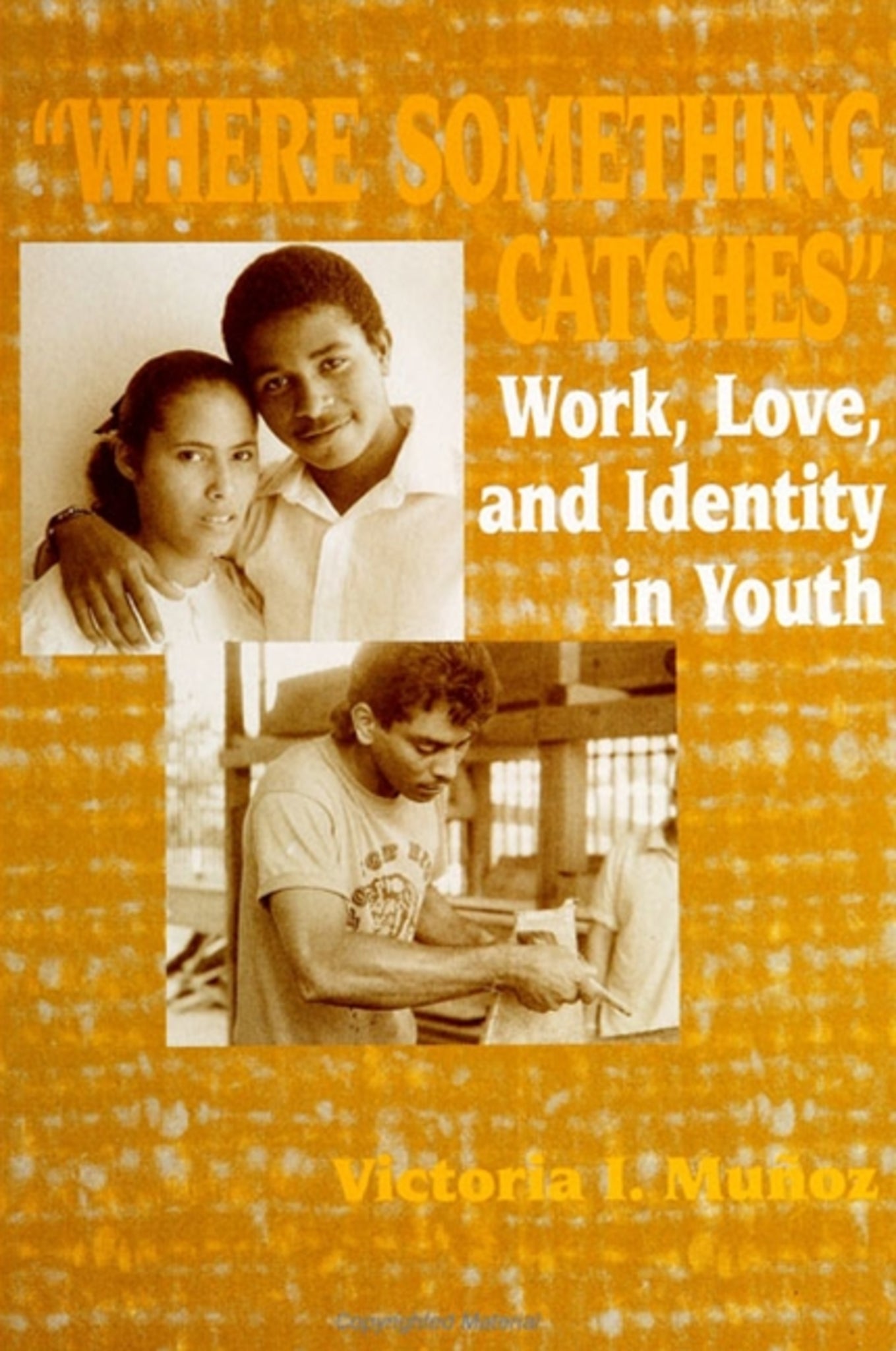We're sorry. An error has occurred
Please cancel or retry.
Where "Something Catches"

Some error occured while loading the Quick View. Please close the Quick View and try reloading the page.
Couldn't load pickup availability
- Format:
-
12 October 1995

Helps people working with youth think in new ways about the relationships between work, love, and identity and how these interact within the socio-political processes of class, race, gender, and sexuality.
Where "Something Catches:" Work, Love, and Identity in Youth is a qualitative study of Latina and Latino youth. Youths from different regions of Puerto Rico and with a range of interests are interviewed about work, love, community, alternatives, and the support that they have been given. Using an innovative framework, a psychology of identity is explored by incorporating an analysis of the cultural, historical, and political context. The text includes documentary photographs.


"This book offers stunning insights into the formation of identity. In a language that is at once Muñoz's own—even as she acknowledges and extends the languages of others (notably women theorists of color, artists, poets, and photographers)—this study maps that most difficult and vulnerable terrain: identity as cultural, social, historical, and unique. Drawing upon a wide range of diverse and often conflictive theories, Muñoz is able to exceed such tensions and do something more than attempt to normalize 'development.' Indeed, the vision of development and identity offered here is one that is respectful, critical, haunting, and insistent upon taking into account the unpredictable, volatile, and accidental combination of the social markers one bears, the histories one lives, the desires one can make, the sociality for which one hopes, the life chances one might take.
"Within this complicated context—beautifully realized—Muñoz crafts careful portraits of youth precariously engaged in the process of becoming something more. She achieves a careful tension throughout the text, namely marking identity as both a journey and as a site of fragmentation. In holding this tension, Muñoz contributes to a theory of alterity as the condition for identity as a possibility as opposed to identity as a life sentence. She is able to hold onto what she rightly terms, 'the educative work of nourishing' in how she analyzes the lives of particular youth. She offers visions and revisions of the development by juxtaposing with her own, the words of fifty-six youth living in Puerto Rico." — Deborah P. Britzman, York University
Foreword
Acknowledgments
Panel 1: Background/Trasfondo
The Way Things Work
1. The Catch
2. Returning to a Question
Panel 2: "That Particular Combination "
3. Conceptual Strategies
4. Methods
5. The Youths
Panel 3: Profiles Of Work And Love
Prayer for Revolutionary Love
6 Becoming Hombres and Mujeres: Work, Love, and Constructions of Gender
The Journey
7. Getting out of Trouble or Getting What You Want: Work as Independence and Survival for Young Mujeres
8. Since I Was Three: From Childhood Genius to Adult Work
9. From Illness and Suicide to the Work of Art
10. In Uniform: Seguridad as Symbol and Work
Making Peace
11. Peace, Justice, Development: The Complex Workings of Social Change
12. Working Together: Plotting the Coordinates of Work, Love, and Identity
Appendix A: Interview Questions
Appendix B: Introduction to the Volunteer Corps at the Service of Puerto Rico Act
Notes
Bibliography
Index



